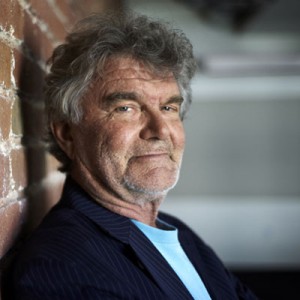Excitement over the new form factor set to be added to Apple Inc.’s (NASDAQ:AAPL) product line in the form of the iWatch has reached a keen pitch among many analysts, who forecast a rosy future for the wearable device. As just one example, Steven Milunovich, who works for the investment bank UBS, declares it likely that 21 million iWatches will be sold in fiscal year 2015, and 36 million the year after. One prominent voice of dissent, however, comes from Harmut Esslinger, an early Apple designer.
Mr. Esslinger, clearly not one to mince words, stated in an interview with Forbes that smartwatches – all of them – are “stupid.” He went on to cast scorn on the Fitbit fitness tracker, which, though it is not an Apple (AAPL) property, likely mimics a number of the iWatch’s features. The former Apple design chief said that people know when they are tired without needing a gimmicky device to tell them, and that smartwatches are simply “cheap electronics” that are worn to symbolize emotion – which, he says, they are also poor at accomplishing.

If Apple (AAPL) does manage to make the iWatch successful, then it will have bucked a trend that has plagued even the most powerful designers of smartwatches. Samsung, for example, shipped just 800,000 units of its Galaxy Gear smartwatch despite aggressive advertising and considerable tech-world clout. In additional, there is no indication that all of those shipped units sold, or even that a significant portion did. Many retailers may have unsold stock of Galaxy Gears on hand, and even with this broad definition, Samsung moved less than 1 million units.
The question is not whether Apple (AAPL) can do better than Samsung, since its brand power and far more attractive round screen design will likely sell more units than its Korean rival. Rather, the question is whether it can do 26 times better than Samsung during the iWatch’s first year and 45 times better in the second, as analysts like Mr. Milunovich of UBS claim.
This is a high hurdle for any firm, even the legendary Cupertino giant, to clear, but if Mr. Cook’s company can truly manage it, then it will once again have proven itself capable of working miracles.




